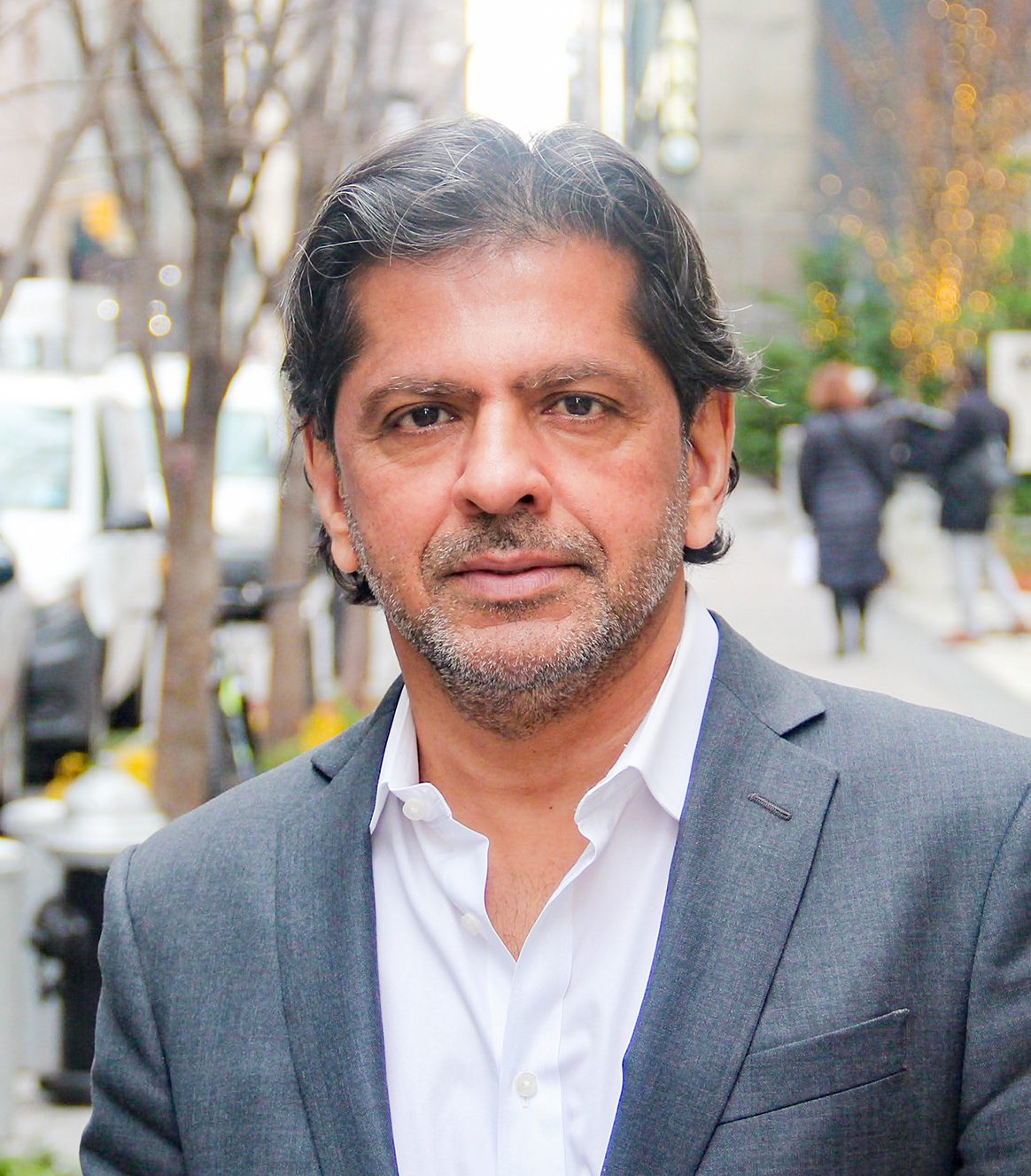The rapid pace at which President Donald Trump has enacted executive actions, often seeming to sidestep constitutional norms and international relations, has raised eyebrows across the political spectrum. While this may resonate with many in his MAGA base, for many it’s a cause for concern. The unpredictability of the current political climate has led a growing number of wealthy Americans—ranging from artists and athletes to tech moguls—to contemplate long vacations or even extended stays outside the “Good Ol’ US of A.”
Trade tariffs are promoted as a means to protect American jobs and industries, but they also create a ripple effect that can be felt far and wide. While some sectors, like steel and agriculture, may benefit, high-net-worth individuals involved in international business are finding themselves in a less favorable position. The complexities of tariffs can complicate global operations, prompting many to explore opportunities beyond U.S. borders.
Take the ongoing trade tensions with China, for instance. The tariffs imposed on Chinese imports have disrupted supply chains and inflated costs for American tech giants like Apple and Tesla. These companies face a dilemma: adapt to the new trade environment or risk falling behind in the global market. It’s no wonder that many wealthy individuals in these sectors are eyeing countries that offer more favorable tax climates and political stability for their business dealings.
Permanent relocations are not as simple as one can imagine, especially if the wealthy individual has an imperative to be smart about its freedom of operation for tax purposes whether for a gaming investor or other.
There has never been a time like today, where one’s patriotism is at the ultimate low. A passport is an access to freedom if you have the right one. With the complexities of international law and immigration policies, there are many loopholes that can also attract problems. This isn’t always about renouncing U.S. citizenship – although many do that – it is about having the luxury to choose where to reside and without having to answer to big brother.
The LGBTQ community, in particular, is increasingly aware of these tensions. With many known billionaires within this community, including fashion icon Giorgio Armani, the desire for safe havens is palpable. The elimination of Diversity, Equity, and Inclusion (DEI) initiatives has raised concerns about future support systems for families and their children, making the need for alternative living situations even more pressing.
As we navigate this shifting political landscape, the notion of a “Plan B” is becoming a common topic of conversation. Uncertain times create fear and luxury buys security. This re-evaluation isn’t just a financial strategy; it’s a millionaire’s choice.
As political uncertainty and the ongoing trade disputes continue to affect high-net-worth individuals, many are now seriously considering Secondary Citizenships, as a means to ensure greater flexibility and security for both their personal and professional lives.
The influence of high-profile figures, such as Elon Musk, who have taken control of various U.S. government functions, adds another layer of complexity and uncertainty. Action by Mr. Musk and others have created an environment where many feel the need for a safeguard against potential upheaval, prompting a reassessment of where to plant roots.
In this world of trade tariffs and political unpredictability, not to mention a deeply divided civil society, the ultimate solution would be to create our own bubble with all the niceties. Wealthy Tech citizens are in Paris now, shopping for a quality of life, access to like-minded social groups and the freedom to move around 26 other countries.
As the political landscape continues to evolve, families are heading to immigration lawyers and not to the ski slopes, this february. Its a scramble to get a seat on the next plane to the Statue of Liberty’s first home.



































